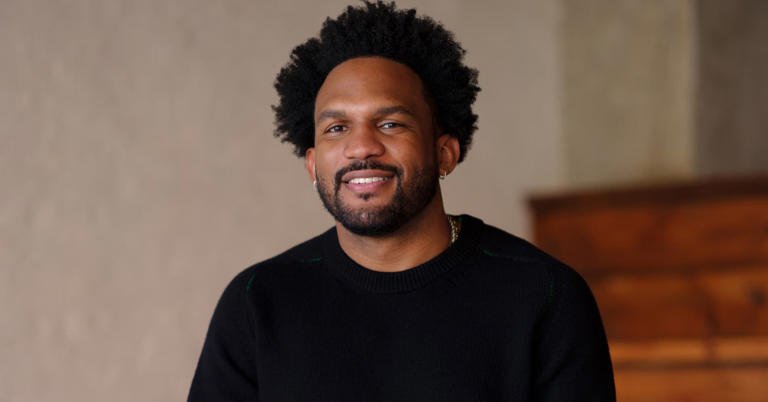NEW POPE LEO XIV On May 8, 2025, the Catholic Church elected its 267th pope:…
Everette Taylor’s least-favorite trait in an employee is simple: a lack of self-awareness.
People without self-awareness tend to be “ego-driven” and less willing — or able — to work with other people, says Taylor, the CEO of crowdfunding platform Kickstarter. They’re prone to “thinking inwardly about what they would want and what they think is best when it comes to customers,” he tells CNBC Make It.
Self-aware employees are usually more open to ideas and pushback from their colleagues, Taylor says. The trait can help you bolster your communication, relationships, creativity and productivity, research shows.
But while 95% of people believe they’re self-aware, only 10% to 15% genuinely are, organizational psychology researcher and author Tasha Eurich found in 2018.
Taylor, 35, works on building his own self-awareness whenever possible, he says.
“I try to keep my ego at the door. I’m wrong all the time. I have an incredible team that’s super smart and will put me in my place, and I love that,” says Taylor.
Rooting out self-awareness in job interviews
Taylor, who’s been Kickstarter’s CEO since 2022, intentionally tailors job interview questions to focus on traits like self-awareness and ego control, he says. He asks about moments when the candidate got something wrong, or did something that failed.
His theory: No one has a perfect career, so someone who has difficulty discussing their faults may not know how to take accountability for their mistakes.
“You can really tell,” says Taylor. “The people that aren’t self-aware, they really struggle with this.”
Hiring managers commonly ask other questions to root out self-awareness, too. Ex-Google VP Claire Hughes Johnson asks candidates “how their colleagues would describe them. If they only say good things, I probe what constructive feedback they’ve received,” she wrote for Make It last year.
“Then I’ll say, ‘And what have you done to improve?’ to check their orientation towards learning and self-improvement, and to see whether they’ve taken that feedback to heart,” she continued.
Hughes Johnson listens closely for two words throughout any interviewee’s answers: Too many “I”s signify a lack of humility, and too many “we”s mean an inability to take credit appropriately.
To build your self-awareness, especially at work, consider asking your manager and colleagues directly about your strengths, neuroscientist and Columbia Business School instructor Juliette Han recommends. Which of your skills help the people around you the most? Which ones should you use more often?
“You can have all the technical skills and charisma in the world, but if you’re completely oblivious of yourself, how you come across and interact in the world, it’s a lot harder to build strong relationships, interact with your boss and co-workers and deepen the friendships you need to truly succeed,” Han told Make It last year.
Related Posts
Understanding the Philippine Government’s Tax Law for Digital Businesses
- vp-jenaii
- May 8, 2025
- 2 min
- 0
Navigating the New Digital Economy Taxation Landscape As the digital economy continues to flourish in…
Best Laptop for Virtual Assistant 2024
- vp-jenaii
- September 12, 2024
- 4 min
- 0
Best Laptops for Virtual Assistants in 2024 As the role of virtual assistants becomes increasingly…



